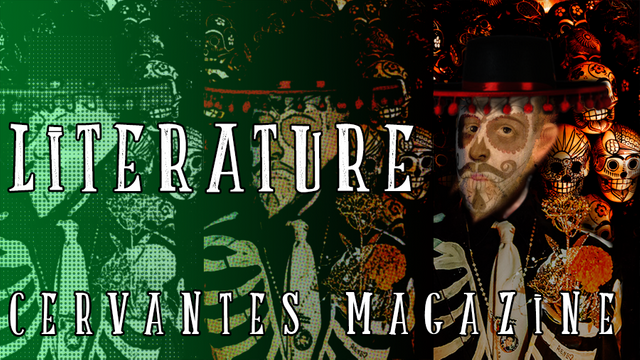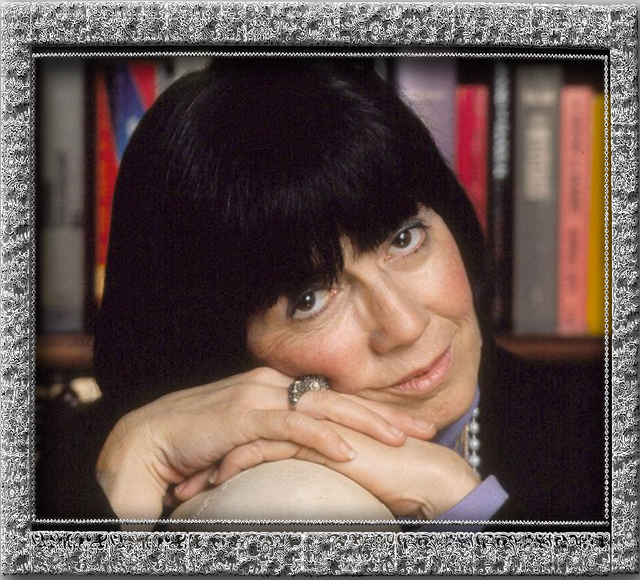Cervantes Magazine Number 18: Literature


Writer Anne Rice has changed, and a lot. Her literary work could be divided into two stages, one dark and interesting and one "luminous" and boring (sorry, Anne). It is in the first stage in which we will concentrate, constituted basically by the first 5 books of the "Vampire Chronicles" and some parallel sagas such as the Lives of The Mayfair Witches. Only the first book will be addressed: "Interview with the Vampire".


Synopsis: Louis, Lestat and Claudia, are vampires who try to lead an aristocratic life apart from mortals, without suspecting that their supernatural condition does not deprive them of human suffering, but on the contrary, they are empowered with the passing of the years.
A confessed Atheist, Anne Rice manages to publish "Interview with the Vampire" in 1976, by reinventing the role of the vampire, endowing him with the feelings of humans, their victims. Here is the point where Anne Rice offers her vision of death through her characters, who carry (or live?) An existence marked by confusion and chaos.
Beyond the fictitious elements in which the vampire exchanges blood with its victim and transforms it into one of them, that new creature acquires / inherits one of the biggest enigmas that afflicts almost everyone (whether vampire or not) which is the purpose of life, if life is justified only by the fact of existing, clear allusions to existential nihilism that are developed throughout almost the entire saga, reaching its climax in the fifth book: Memnoch The Devil. Her questions are of a moral nature, are they evil? And if so, why do they exist? Why does God let them live? Is God good for allowing all this? Does even God exists?
Being metaphorical, Death can have other meanings that can be transposed into real life like someone who leaves the mask (s) aside and makes himself known as what he is, killing who he was. Is this a clear reference on the assumption of sexuality? I’m not talking only about the "coming out of the closet" but, to assume sexual freedom, because these vampires love both their own gender and the opposite. This continuous death is reflected in those who do not accept their truth, like Louis, who refuses to admit that he is a vampire despite having taken the blood of a 5-year-old girl, Claudia.
Claudia will experience a similar feeling, but for different reasons, due to being an infant at the time of being turned into a vampire, her body will remain that way with the passing of decades, obsessed with becoming a mature and developed woman, that is, with breasts, pubic hair, and especially with the act of making love. So much so that she comes to ask Louis at some point what it feels like. That particular desire and the humiliation of being 65 years old and being trapped in the body of an infant, become a death sentence, and all for not accepting that she will never grow, that she will never be a woman.
Death is also represented in the fact that vampires need to love / possess, in order to feel that they have something, like someone who is in love consumes his/her partner, that being who we know so much and know his/her name, getting it to internalize. He absorbs the blood and vitality as he hands over his poisoned, lifeless blood, and transforms it into another dead being, as dead as he is.
Ysaías Núñez
[Return to Home page]
